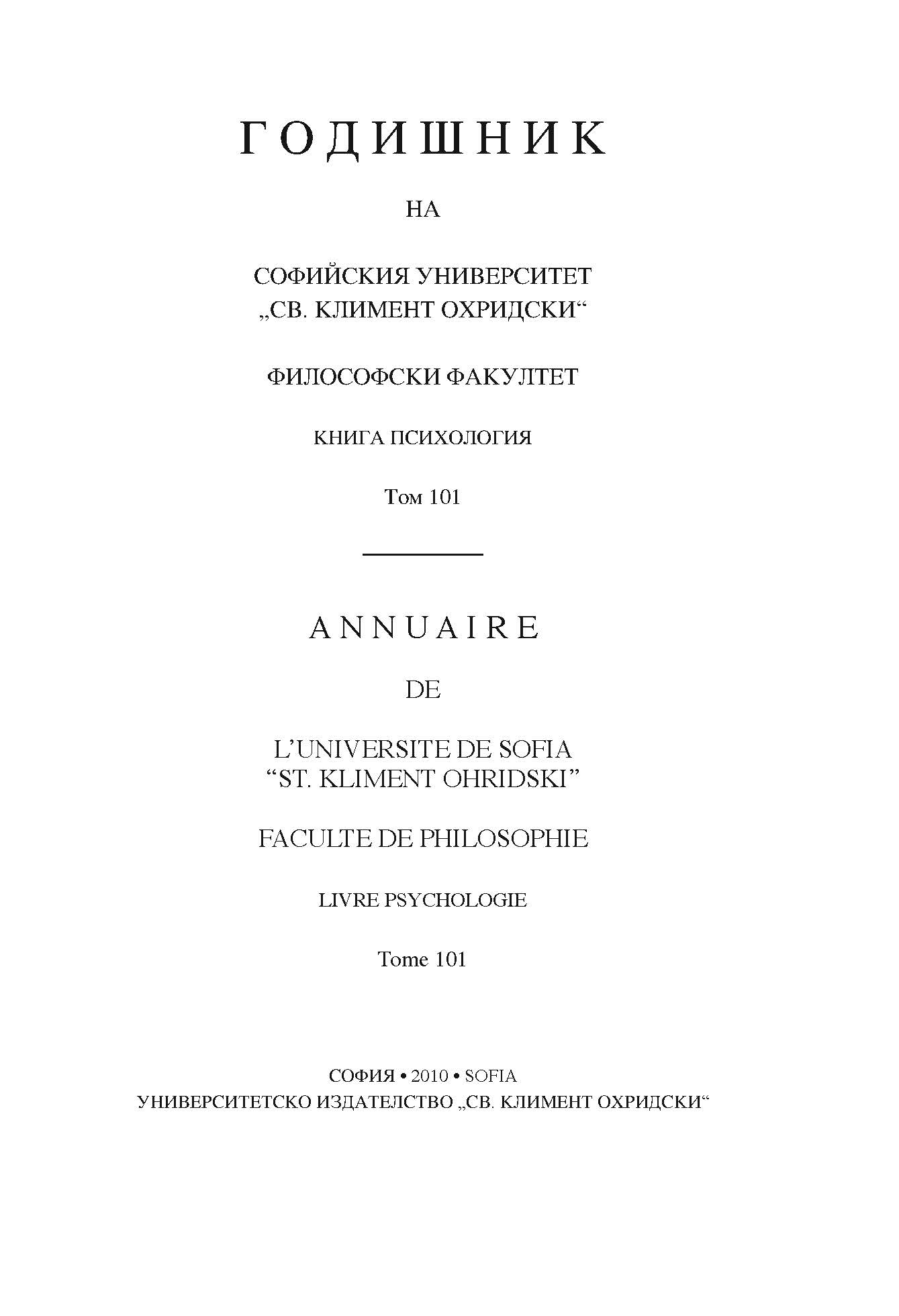За когнитивните революции и когнитивния ренесанс. Втора част
On cognitive revolutions and cognitive renaissance: Part two
Author(s): Evdokia Christova-SlavchevaSubject(s): Social Sciences, Psychology, Cognitive Psychology
Published by: Софийски университет »Св. Климент Охридски«
Keywords: cognitive revolutions; cognitive renaissance
Summary/Abstract: The transition from the study of consciousness to the study of behavior in psychology can be determined by T. Kuhn’s theory of scientific development (Kuhn, 1996) as a revolution which changes the domineering mentalist paradigm to a behaviorist one. The new paradigm rejects the immediate experience as the main subject of study and introspective methods are replaced by objective ones measuring the stimulus-response link. One of the central themes in mentalist paradigm, ie replacement of knowledge with learning as basic for behavior modification due to its potential for behavioral research. During this period, the metaphors of stream of behavior and of labyrinth can be considered as alternatives to the “field“ and “stream“ of consciousness. Cultural-historical theory of L. S. Vygotsky (1982) of higher mental functions is opposing behavioral paradigm. Vygotsky not only restores the topic of consciousness in psychology but introduces a new perspective for studying cognition. Vygotsky’s three-component unit of psychological analysis represents the dynamic space of higher mental functions’ formation.
Journal: Годишник на Софийския университет „Св. Климент Охридски“. Философски факултет. Психология
- Issue Year: 101/2010
- Issue No: 2
- Page Range: 5-22
- Page Count: 18
- Language: Bulgarian

